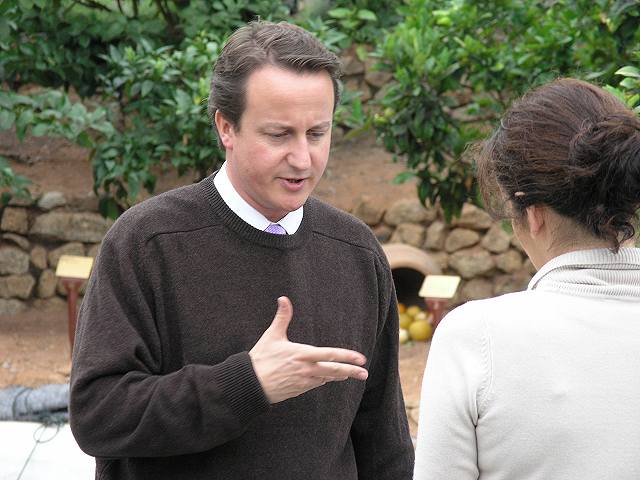
Well of course the big news is that David Cameron has been caught smoking cannabis....when he was 15, and at school. Of course this has huge political implications and is worth every inch of the extensive news coverage offered it this morning. Honestly! I don't much care for the image that is emerging about Cameron in this story and the earlier ones about his cannabis smoking at Oxford - rich toff, happy to break the law over stupid drug that the wealthy indulgent middle classes seem to love too much. But the fact is that he has never denied the story - so is not guilty of lying - and he is not taking a hard public line against cannabis - so is not guilty of hypocrisy. It may or may not tell us something about his moral fibre that he succumbed several times during his cosseted upbringing to taking this ridiculous substance, but it is no shattering news story, and not particularly germaine to whether or not he is adopting the right policies for his party, or is a credible alternative prime minister.
Of much more serious, and thus inevitably under-reported, substance are the further instances this week of government lying.
Instance No. 1 - the case of Lance Corporal of Horse Matty Hull. For years, the Ministry of Defence maintained that no tapes existed of the conversations between air traffic controllers and the American pilots whose 'friendly' fire killed Hull in Iraq. Surprise surprise, the very tapes that the government said didn't exist were fully reported, and heard, last week.
Instance No. 2 - the case of Bernard Matthews' Hungarian Birds. The Environmen

t Secretary David Milliband last Monday told MPs that there was no link between the Bernard Matthews farm in Suffolk and Hungary, where there had been a case of avian flu. Dear me. Now, today, Mr. Milliband acknowledges that the government knew perfectly well that Matthews was importing birds from Hungary but was unable to stop it.
Lying, sadly, has become the preferred modus operandi of this government. Peter Oborne, a trenchant right-wing critic, spent considerable time amassing the different lies told by the government since it came to power, in his book
'The Rise of Political Lying'. Of course, governments have long been accused of misleading the public, but the Blair operation has taken it to new and tragic levels. Tony Blair, after all, was prepared to lie to the Cabinet, the Commons and the public about the need for an invasion of Iraq, with palpably tragic long term consequences for that country, and the increased vulnerability of this country to terrorism.
The story of the boy who cried wolf once too often has a resonance for the government. Last week, amidst much media fanfare that can only have been the result of assiduous leaking by the government, the police arrested several muslim terrorist suspects in Birmingham, with the full details of what they were suspected of appearing in most newspapers. Three of those detained have since been released without charge. The Director of Liberty, Shami Chakrabarti, has asked the Home Secretary whether his special advisers gave off the record briefings about the case. (Michael Portillo writes revealingly
about this in today's
Sunday Times).
Even in instances of serious terror operations, it seems, we cannot trust the government. And that is a truly terrible state of affairs for a liberal nation.
















